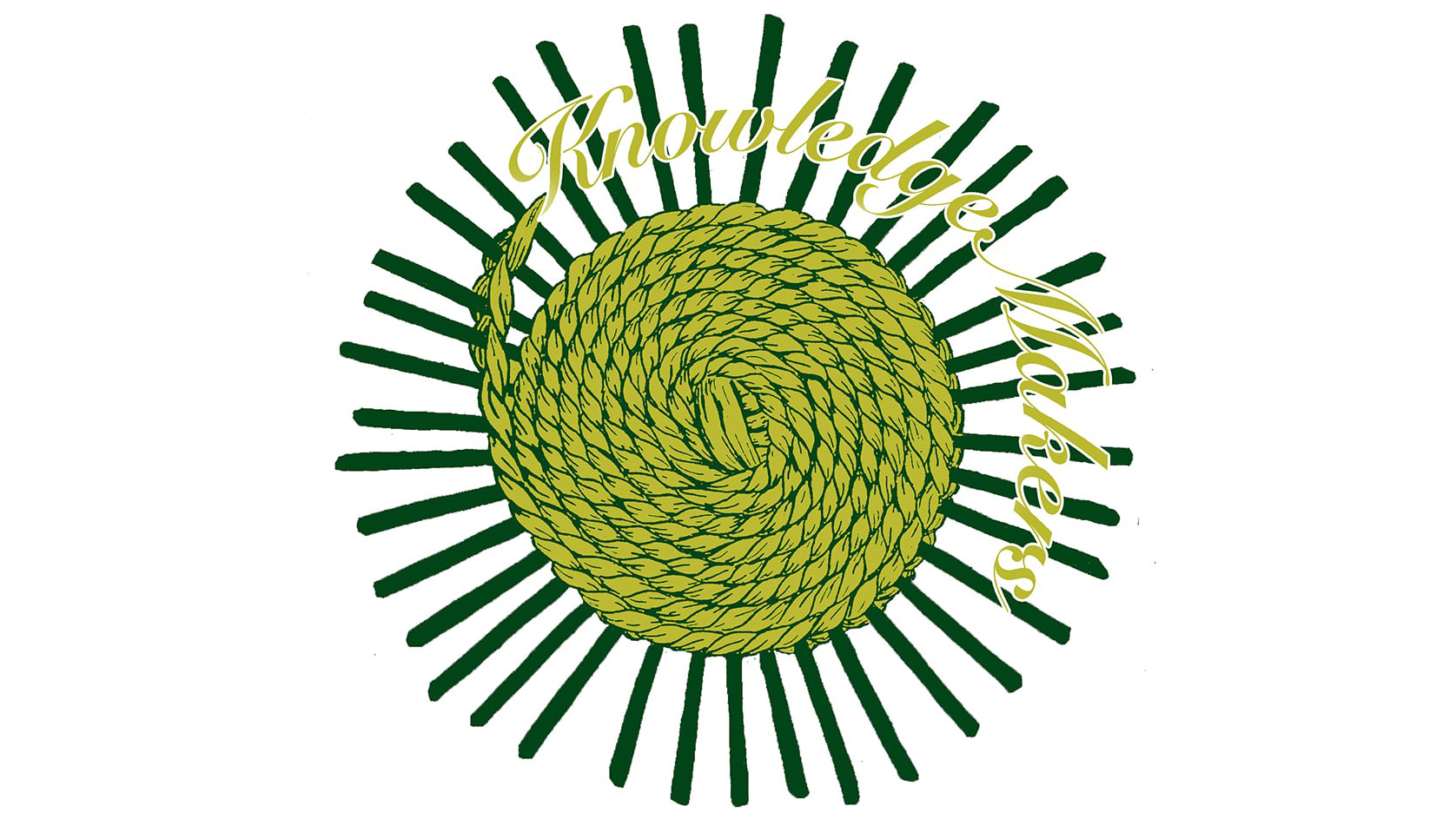TRU’s Knowledge Makers partnership with the United Nations in producing international research marks a first in the university’s history — which will be capped off with overseas presenters during IDays in March 2024.
Over a year ago, TRU’s homegrown Indigenous research journal, Knowledge Makers, launched an initiative looking for Indigenous women from foreign nations with an interest in academic research.
With assistance from the Food and Agriculture Organization of the United Nations (FAO), they have recruited 16 women from countries ranging from India to Yemen.
Some women are undergraduate students, while others are not even enrolled in university, but they have now all written academic papers. Through TRU’s Open Learning department, the 16 women abroad worked through the Knowledge Makers online workshop to familiarize themselves with the research process.
As an associate director of the All My Relations Research Centre, Jeeneen Herns-Jensen is one of the leaders of Knowledge Makers and helped spearhead this project.
“They built their articles based on what was important to them in their community,” Herns-Jensen, who is of Algonquin, Shoshone and Norwegian settler descent, said.
These 16 articles will be featured in volume nine of the Knowledge Makers Journal, which will be published in March. Cover art for the journal will be done by a young Indigenous artist.
“Each woman is also contributing a recipe that is local to their region,” Herns-Jensen said of what will be featured in the volume. “We have so many varying topics as well, but they’re all related to Indigenous women, knowledge systems, food security, [and] climate resiliency.”
One participant from each of the seven worldwide socio-cultural regions (Africa, the Arctic, Asia, Central/South America and the Caribbean, Eastern Europe/Russian Federation/Central Asia and Transcaucasia, North America, and the Pacific) represented in the journal will be attending IDays at TRU from Mar. 11 to Mar. 15.
Each visitor will give a presentation on a topic of their choosing during this event.
“The United Nations does not have many partnerships with Canadian universities,” Herns-Jensen said. “It was a very important step to take for Thompson Rivers University to partner with the UN. It took us many months, almost an entire year, to build the contract.”
As this volume is a pilot project, Herns-Jensen said that they did encounter difficulties with teaching academic language to participants, but overall, the initiative is shaping up to be a success.
Knowledge Makers is working with the FAO to continue the partnership through a potential Ph.D. program, and they have officially joined the UN Global Hub, which Hern-Jensen hopes will expand their global network.
“Our goal is to run an iteration of this course in multiple countries, taught local Indigenous people through the lens of their countries, culture, and beliefs,” Herns-Jensen said.
In the immediate future, Hern-Jensen said they hope to run a secondary pilot project in India using the teachings and online modules created for this first one.

